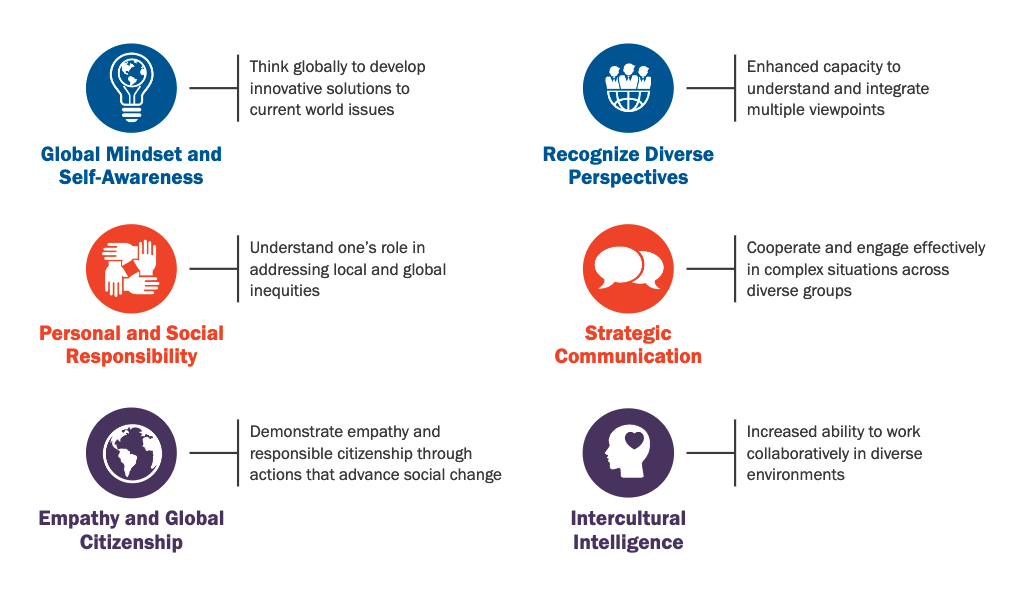Program Learning Outcomes and Curriculum
Your program curriculum is designed to ensure graduates acquire the essential skills, knowledge, and attitudes appropriate and relevant to both the needs of students and employers.
Program Vocational Learning Outcomes
Program vocational learning outcomes describe what graduates of the program have demonstrated they can do with the knowledge and skills they have achieved during their studies. The outcomes are closely tied to the needs of the workplace. Through assessment (e.g., assignments and tests), students verify their ability to reliably perform these outcomes before graduating.
The program vocational learning outcomes for this program are
- Design, create and animate characters and objects using fundamental principles of animation.
- Produce hand-drawn and/or computer-generated drawings using fundamental principles of art, design and composition.
- Use a variety of tools and technologies to create, capture and animate elements.
- Participate in the planning and implementation of animation projects.
- Develop and execute believable animation sequences.
- Create animation sequences that employ basic cinematography principles.
- Use storytelling skills to create, develop and execute animation sequences.
- Apply performance theory to the creation of animation.
- Produce layouts and backgrounds with attention to composition, perspective, and colour.
- Present a visual concept to a target audience.
- Use computer skills and appropriate digital asset management techniques to function effectively within a production pipeline.
- Develop, assemble and present a demo reel or portfolio in a manner that meets current industry expectations, and highlights one’s creativity, skills and proficiency with relevant animation software and related technologies.
- Model and rig objects, characters and background elements.
- Light and texture objects, characters and sets using relevant tools and techniques.
Essential Employability Skills Outcomes
Essential Employable Skills (EES) are skills that, regardless of a student’s program or discipline, are critical for success in the workplace, in day-to-day living, and for lifelong learning. Graduates will reliably demonstrate abilities in six skill categories:
Global Citizenship and Equity Learning Outcomes
There are six Global Citizenship and Equity (GCE) learning outcomes integrated into Diploma and Advanced Diploma programs as a component of Centennial’s Signature Learning Experience (SLE). The SLE reflects the College’s promise to provide students with a distinctive and inclusive educational experience that builds on a foundation of global citizenship, equity, and social justice. Certificate and Graduate Certificates also include at least two GCE learning outcomes. The GCE learning outcomes are:
- Identify one’s role and responsibilities as a global citizen in personal and professional life.
- Identify beliefs, values and behaviours that form individual and community identities and the basis for respectful relationships.
- Analyze issues of equity at the personal, professional, and global level.
- Analyze the use of the world’s resources to achieve sustainability and equitable distribution at the personal, professional, and global level.
- Identify and challenge unjust practices in local and global systems.
- Support personal and social responsibility initiatives at the local, national, and global level.
Global Skills Portfolio
As a component of the SLE, Diploma and Advanced Diploma program students will complete the Global Skills Portfolio. Building the Portfolio is a process of documenting your GCE learning. Each item selected for inclusion in the portfolio demonstrates growth and understanding of Global Citizenship and Equity within your program of study.

Students are encouraged to develop their Global Skills Portfolio beginning in their first semester. You will add artifacts from coursework and accompanying reflections as well as artifacts arising from co-curricular activities, volunteering, etc. to your portfolio as you progress through the program. You are encouraged to develop an online professional portfolio presence through LinkedIn and/or other personal websites/blogs.
Curriculum Frameworks
Your program has several key components that include:
- Program vocational learning outcomes
- Global Citizenship and Equity learning outcomes[1]
- Essential Employability Skills outcomes[2]
- General Education (GNED) or Liberal Studies course(s)[3]
- English communication (COMM) courses[4]
[1] Global Citizenship and Equity learning outcomes may not be included in Certificate and Graduate Certificate programs.
[2] Essential Employability Skills Outcomes are not included in Degree programs
[3] General Education/Liberal Studies courses may not be included in Graduate Certificate programs
[4] English communication courses may not be included in Graduate Certificate programs
Upon successful completion of all courses in the model route you may apply to graduate. A pass in grade of 60%, letter grade C, is considered a pass for all core animation courses.

